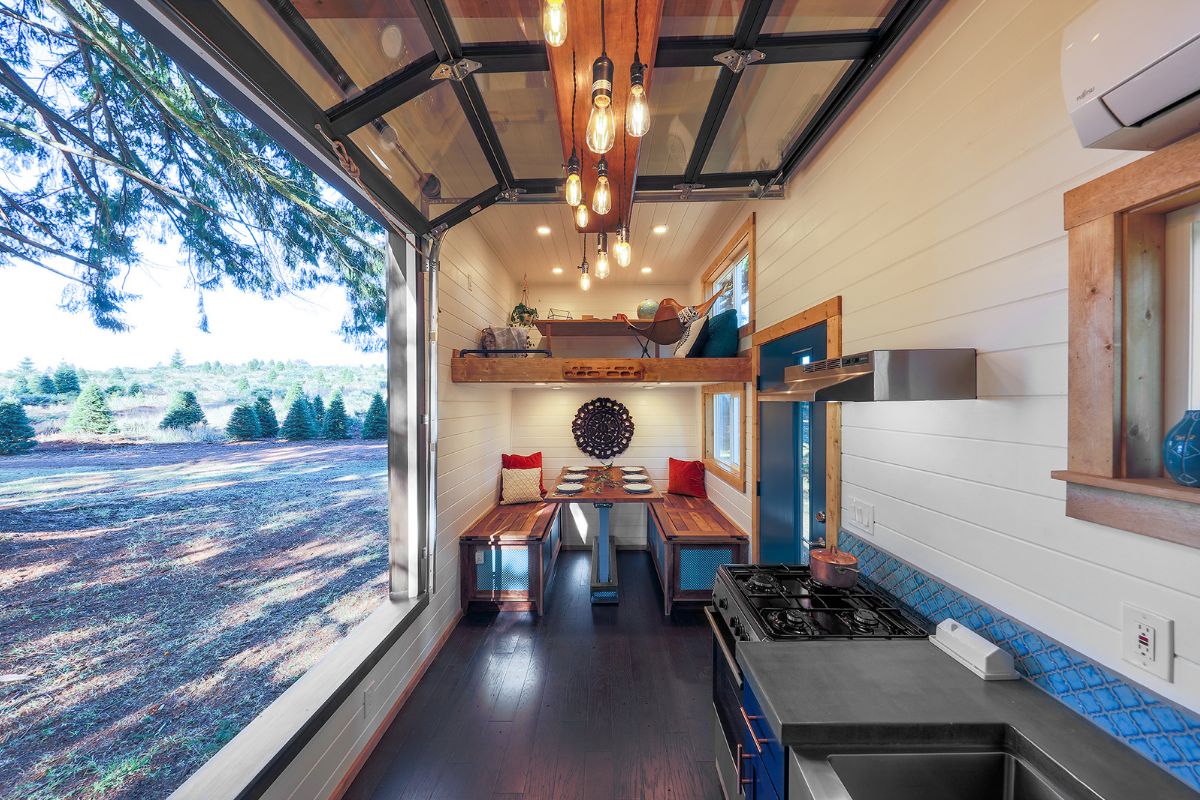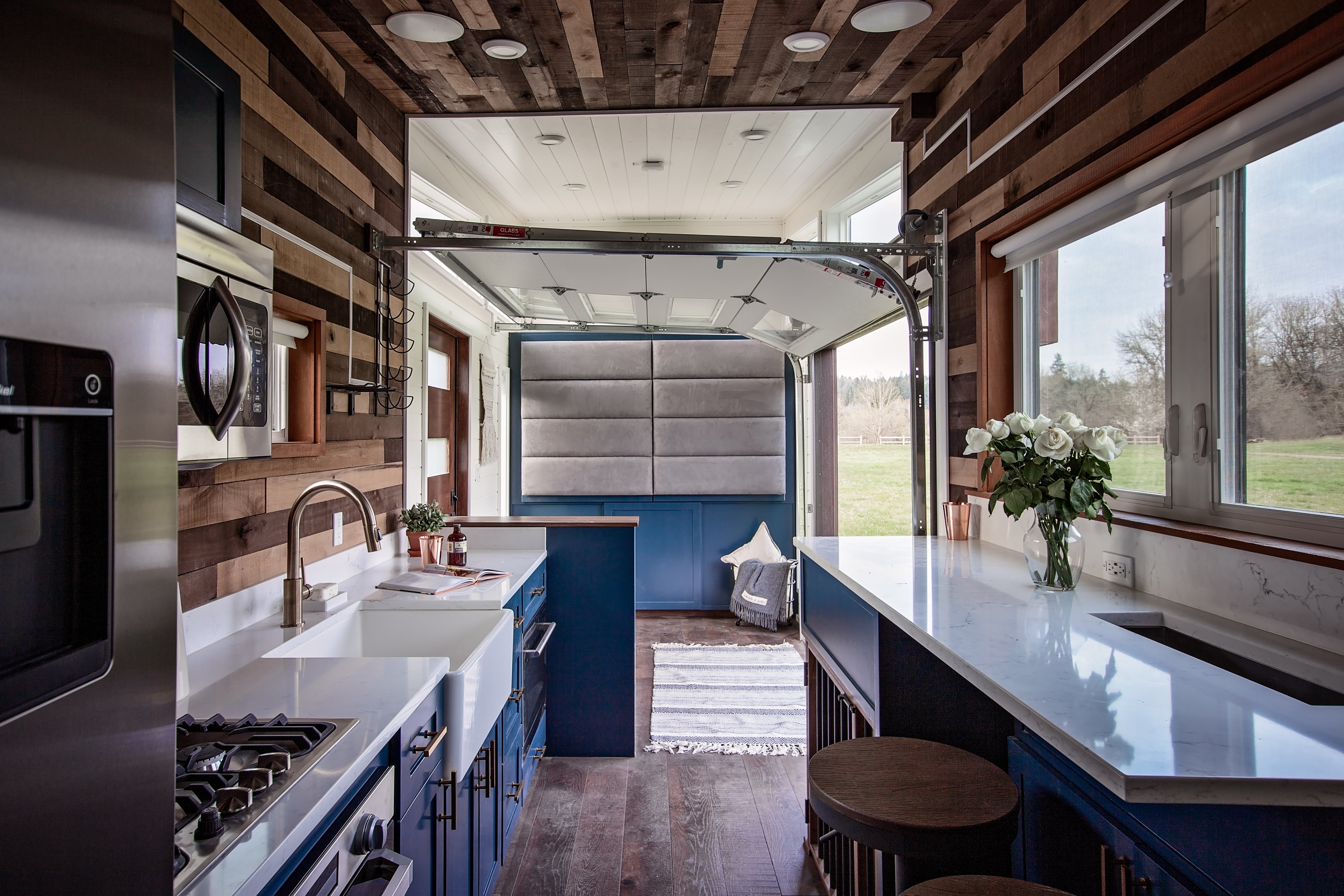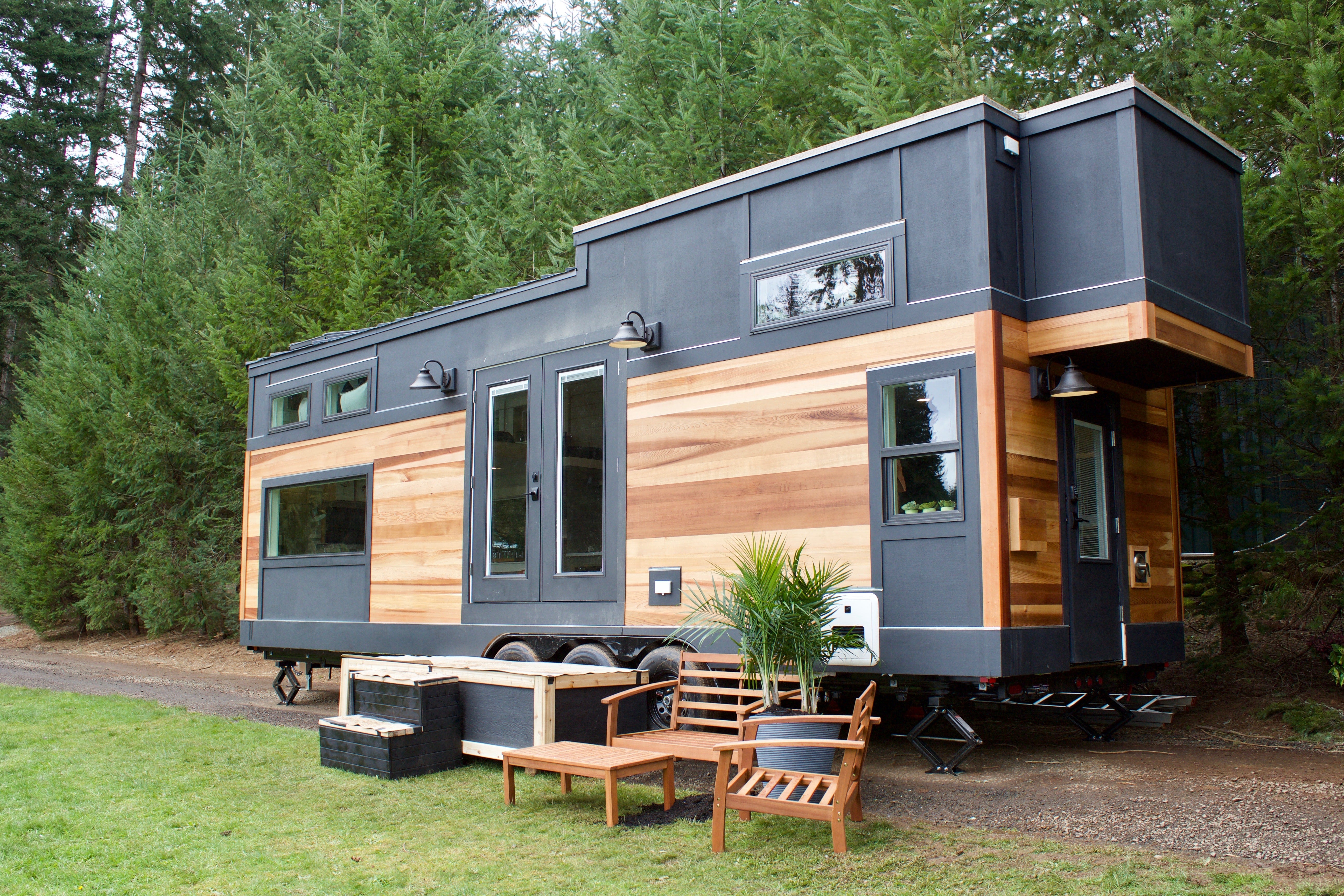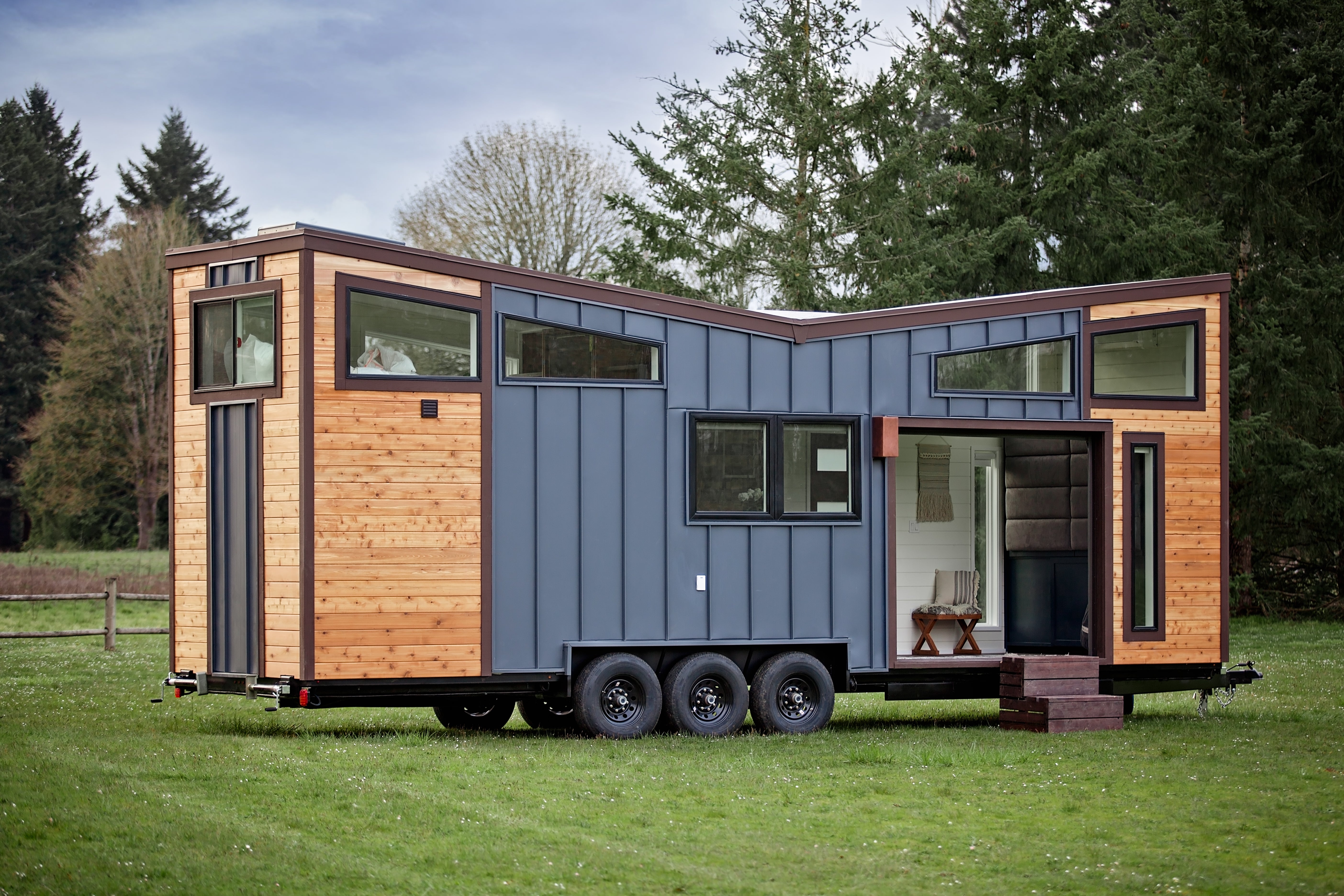Clutter can hinder comfort and peace at home, weighing down the atmosphere and making everyday life more challenging. Many residents have discovered that finding extra storage solutions can transform their living spaces into more efficient, inviting environments.
Clearing out excess belongings not only creates a neater space but can also boost mood and productivity. Homeowners and renters alike often seek alternatives that keep cherished items safe while freeing up room for daily activities. A well-organized home tends to contribute to improved mental well-being and better functionality. Practical storage solutions also support an eco-friendly lifestyle by encouraging the reuse and preservation of possessions.
Exploring available options can lead to personalized strategies that suit individual needs and lifestyles.
Assessing Your Storage Needs
Determining what and how much to store is the first step toward a less cluttered environment. Homeowners should begin by evaluating the volume of items that rarely see the light of day, including seasonal decor, old documents, and memorabilia. It is important to identify items that carry sentimental value and those that can be donated or recycled.
Often, many people underestimate the impact of accumulated possessions on their living space until they experience the benefits of minimalism firsthand. A careful inventory, coupled with honest decision-making about what to keep, lays the foundation for efficient storage planning. The process may involve designating specific zones within the home for temporary holding areas, making it easier to separate items based on future utility or emotional attachment.
Reflecting on daily routines and lifestyle needs helps in prioritizing which items deserve long-term storage outside the main living area.

Choosing Between Renting and Purchasing Storage Units
When planning storage solutions, it is necessary to weigh the benefits of renting versus purchasing a storage unit. Renting offers flexibility and less financial commitment upfront, which many find ideal during transitional periods or for short-term needs. Homeowners who rent storage units can adjust their space requirements without the burden of long-term contracts.
In contrast, purchasing a storage unit can be a more attractive option for those with consistent, ongoing storage needs. Investment in a personal unit might lead to better organization and potential cost savings over time if usage is predictable. Both options have distinct advantages, and personal circumstances often determine the most practical solution. Analyzing factors such as location, security, accessibility, and monthly expenses can help narrow down the choice between renting and purchasing.
Making an informed decision ultimately leads to improved space management and long-term satisfaction.
Understanding Various Storage Options
There is a wide range of storage alternatives available to suit diverse needs. Options extend from traditional indoor units to modern, climate-controlled spaces designed to protect delicate items.
Some facilities even offer outdoor units that provide easy vehicle access. Many modern storage providers have incorporated advanced security measures, including video surveillance and digital locks, which ensure the safety of stored belongings. The evolution of storage options means that residents are no longer limited to dusty garages or cramped attics. Instead, they can choose spaces that meet their specific environmental requirements.
The available choices allow for both short-term and long-term arrangements, making it easier to adapt storage needs as lifestyles change. Understanding these alternatives empowers individuals to select a facility that not only fits their budget but also their personal standards for accessibility and protection.

Finding Local Storage Solutions
Communities often host a variety of storage options that cater to specific regional needs and preferences. Local facilities offer an intimate understanding of neighborhood demands, providing tailored services and a convenient solution for busy residents. In one particular neighborhood, one can explore options that merge affordability with advanced security measures.
A nearby provider might feature self storage in Saratoga, Springs, NY, or in your area that accommodates diverse storage requirements with modern amenities, ensuring both accessibility and safety. Many residents appreciate the personalized service that local operators deliver, which contrasts sharply with larger, impersonal chains. Their commitment to community values and responsiveness to customer needs sets them apart.
Residents benefit from easy access, flexible contracts, and the reassurance of having a trusted local partner for their storage needs. The emphasis on proximity and personalized service helps residents feel connected to their community while maintaining a secure space for their belongings.
How to Optimize Your Home Layout
Optimizing living space can drastically enhance everyday comfort and efficiency. Rethinking furniture placement and utilizing multi-functional items, such as storage ottomans or coffee tables with hidden compartments, are practical strategies that have gained popularity among interior designers.

A well-planned layout encourages natural flow and improves the overall aesthetics of the home. Homeowners often discover that a few creative adjustments—like using vertical space for shelving or installing under-bed storage—make a significant difference.
The process involves thoughtful analysis of frequently used areas and less-visited corners of the home. This reorganization not only simplifies daily routines but also creates a harmonious atmosphere that fosters relaxation and focus. By merging design with functionality, individuals can tailor their space to both store belongings and enjoy a clutter-free environment that invites creativity and calm.
Budget Considerations for Storage Solutions
Financial planning plays a crucial role when considering storage solutions. Evaluating available funds and understanding the long-term cost implications can prevent future financial strain.
Many residents find that cost-effective storage units offer necessary features such as climate control and robust security systems without exceeding their budget. Deciding on a storage plan involves balancing the benefits of convenience, security, and accessibility against the cost. It is wise to research local providers and compare rates, as small differences in pricing can accumulate over time.
Negotiating a contract or exploring discounts for extended commitments can lead to additional savings. An informed budget assessment, coupled with a careful review of available options, ensures that storage decisions align with both lifestyle needs and financial resources. This approach leads to a more sustainable solution that avoids overspending while delivering peace of mind.
A careful evaluation of storage alternatives, paired with a keen understanding of personal requirements and budgeting strategies, can lead to a transformative improvement in home organization. Taking the time to assess needs, compare options, and implement effective organization techniques not only frees up precious space but also enhances the overall quality of life.
Reflecting on the methods and considerations discussed reinforces the idea that organized storage is an essential element in modern home management. A well-executed plan leads not only to a cleaner space but also to a more fulfilling lifestyle that prioritizes ease, security, and aesthetic appeal.






Share: